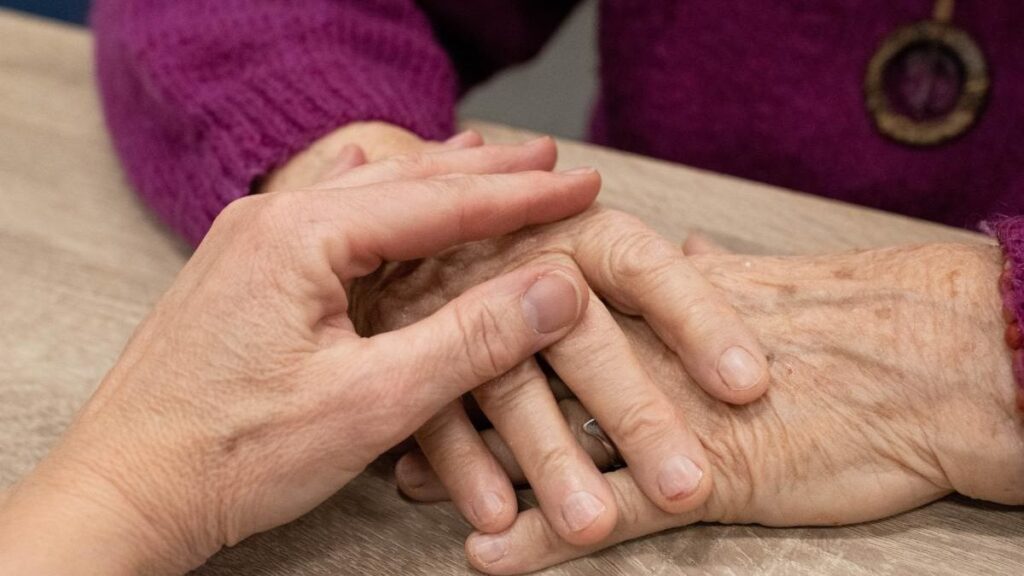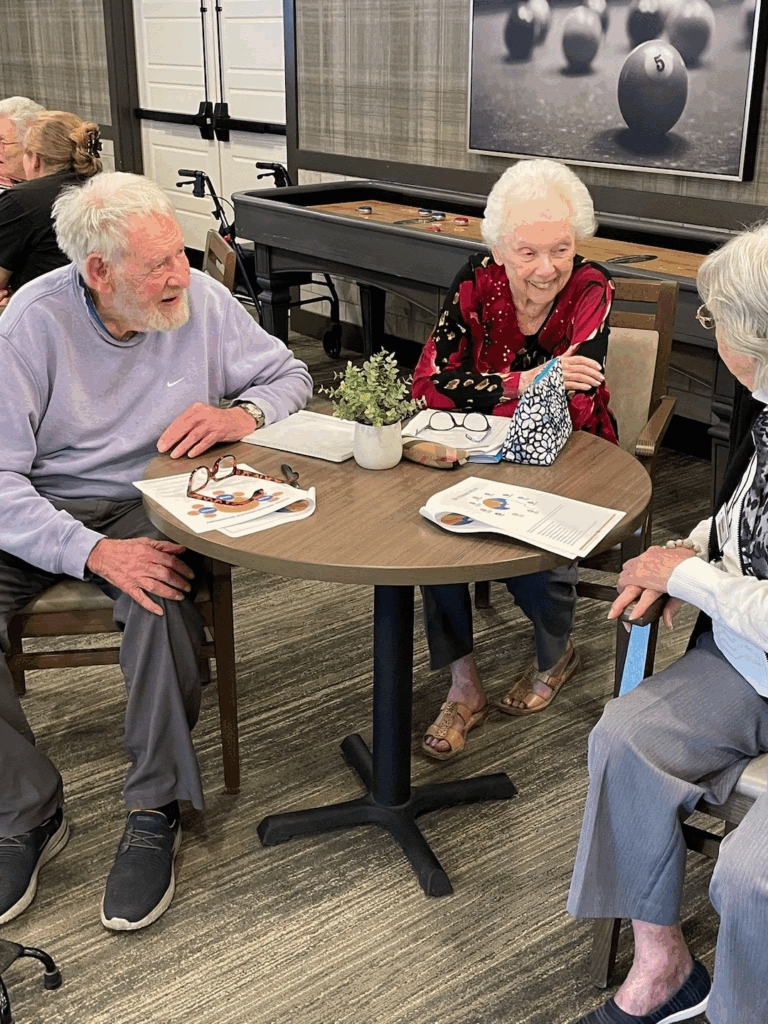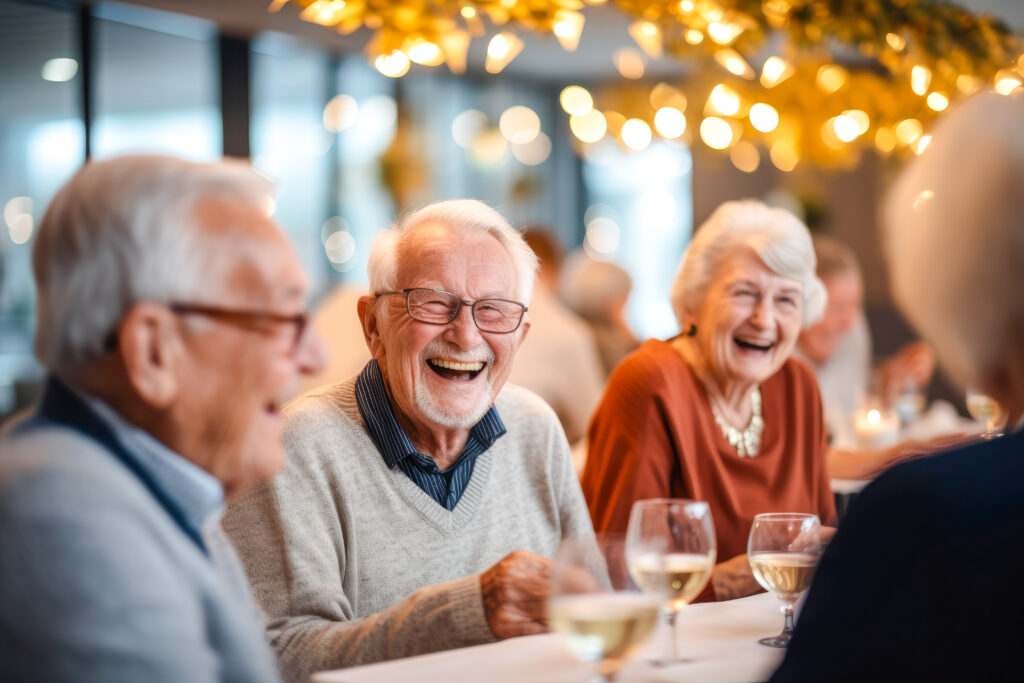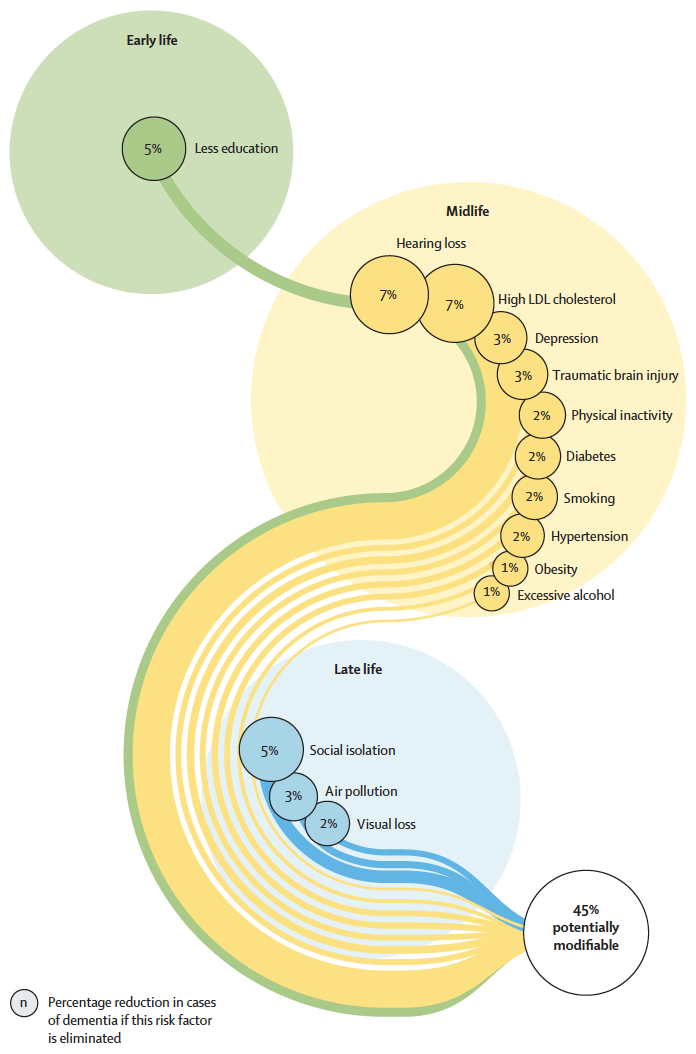
Last week I watched as a 101 year-old survivor of the Holocaust received her first dose of the COVID19 vaccine. What was running through her mind at that very moment, I wondered. What stories of survival does she have? How has she coped during these months of isolation? And, what else has she lived and learned in her life?
Research shows that our social and emotional health greatly impacts our overall well-being which in turn affects successful aging. Yet most wellness initiatives rarely include programs that encourage meaningful self-exploration of purpose and legacy in the third stage of life. What a missed opportunity!
As a psychologist, I believe this is a tremendous disservice, born out of a notion that older adults are not in need of self-discovery or cannot benefit from taking meaningful steps for greater fulfillment. Research shows that personal growth does not belong exclusively to the young. In truth, we are always changing and evolving, at every age. Developmental experts suggest that each stage of life brings common challenges. In our early adult years, we look to build intimacy and create new ties, with new bonds of love. In our middle adult years, we may be concerned with leaving our mark through what we create at work or at home, or in our communities.
And what about our older years? This is a time when we reflect on our accomplishments and seek meaning and wholeness from our lives. We may feel freer of responsibility to others, able to now put ourselves “first.” Our longstanding relationships may have changed, forcing us to relearn how to make new connections or risk isolation and loneliness. We may question the ways we can continue to have impact, or what we want to leave as our legacy to the world.
The need for meaningful programs aimed at better understanding the “spirit” side of the body, mind, spirit pillars of wellness is much needed, and especially urgent right now. There has been a tremendous increase in emotional distress resulting directly from the forced isolation of these past months. Now more than ever your community needs programs that encourage clients to examine their personal journey and reconcile the difficulties of our times with the hope of future goals. Building deeper self-awareness, stronger connections to others and to the world are important ways to rebuild a sense of control over one’s life, as well as resilience and emotional strength. And doing so has the added benefit of addressing physical and cognitive health as well, other important areas where we see accelerated decline.
Finally, offering spiritual health programs can help keep your residents healthier for longer. Such programs promote confidence and happiness. These in turn are known motivators for engaging in self-care, as we are more likely to exercise, socialize and stay cognitively engaged if we feel good about ourselves. And healthier folks are likely to stay independent longer, which in turn reduce staff burden and costs.
The times demand inspired thinking for robust engagement that gives all in your community what they need to rebound for optimal wellness and healthy living. Spiritual wellness, for so many reasons, must be part of that plan. Are you ready?
Want to learn more? Join TBH’s Dr. Cynthia Green for a FREE Webinar:
January 28th at 12:30 – 1:00 PM ET CLICK HERE



